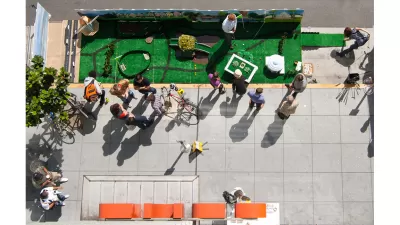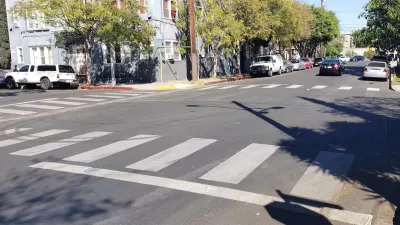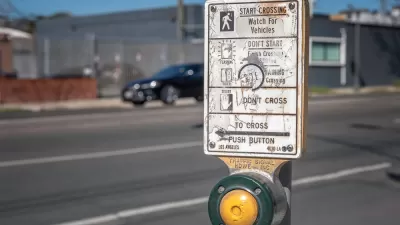Does tactical urbanism too-often benefit the point of view of a privileged population, leaving behind more pressing needs?

In a recent article, Barbara Ray pushes back on tactical urbanism, citing evidence that such acts of DIY "resistance" reflect the preference of a privileged few, which may not always be welcome.
Ray cites a study by Gordon C. C. Douglas, called "Do-It-Yourself Urban Design" from the 2013 issue of City and Community. According to Ray, Douglas finds a strong sense of self-entitlement ("most of these DIYers are white and educated, what Richard Florida would call the 'creative class'"). In fact, writes Douglas, "They’re making changes to their community based in large part on one's own preferences. At a minimum, 'we're not hurting anybody' is a pretty common sentiment."
Ray goes on to describe cases in Brooklyn and New Orleans where examples of tactical urbanism were not received as warmly as participants had expected and imply that such efforts often occur to the detriment of large problems like affordable housing, public education, and poverty.
FULL STORY: Do-it-Yourself Urban Planning

Planetizen Federal Action Tracker
A weekly monitor of how Trump’s orders and actions are impacting planners and planning in America.

Maui's Vacation Rental Debate Turns Ugly
Verbal attacks, misinformation campaigns and fistfights plague a high-stakes debate to convert thousands of vacation rentals into long-term housing.

Restaurant Patios Were a Pandemic Win — Why Were They so Hard to Keep?
Social distancing requirements and changes in travel patterns prompted cities to pilot new uses for street and sidewalk space. Then it got complicated.

In California Battle of Housing vs. Environment, Housing Just Won
A new state law significantly limits the power of CEQA, an environmental review law that served as a powerful tool for blocking new development.

Boulder Eliminates Parking Minimums Citywide
Officials estimate the cost of building a single underground parking space at up to $100,000.

Orange County, Florida Adopts Largest US “Sprawl Repair” Code
The ‘Orange Code’ seeks to rectify decades of sprawl-inducing, car-oriented development.
Urban Design for Planners 1: Software Tools
This six-course series explores essential urban design concepts using open source software and equips planners with the tools they need to participate fully in the urban design process.
Planning for Universal Design
Learn the tools for implementing Universal Design in planning regulations.
Heyer Gruel & Associates PA
JM Goldson LLC
Custer County Colorado
City of Camden Redevelopment Agency
City of Astoria
Transportation Research & Education Center (TREC) at Portland State University
Jefferson Parish Government
Camden Redevelopment Agency
City of Claremont





























